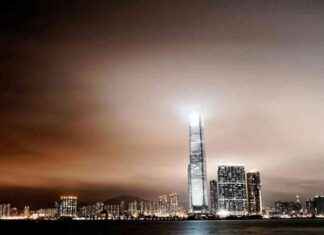MADRID, 16 Abr. (EUROPA PRESS) –
The main civil organizations and political parties in Sudan have demanded in unison in recent hours not only the end of the fighting between the Sudanese Army and the paramilitary Rapid Support Forces (RSF), but also the end of the “militarization” that has dominated “the public space” in the country for decades and, in particular, since the overthrow four years ago of the dictator Omar al Bashir after a revolution in which civilians were an instrumental part.
Before the outbreak of the fighting, the African country was governed by a junta led by General Abdelfatá al Burhan, whose “number two” was the military leader of the RSF, Mohamed Hamdan Dagalo, alias “Hemedti”. The discrepancies between the two regarding the paramilitary integration in a future unified army ended up degenerating into this conflict.
Both the Army and the RSF, it should be remembered, have been accused of committing massacres and a spectrum of abuses of all kinds against the civilian population in the years that followed the fall of Al Bashir.
“The crisis that the country is going through has nothing to do with the interests of its citizens,” lamented the Sudanese inter-union in a statement collected this past Saturday by the Sudan Ajbar news portal, while the Sudanese Association of Professionals has called for “the voice of reason to prevail” and for an end to “the militarization of the national public space.”
For its part, the coalition of the Forces for Radical Change, led by the Sudanese Communist Party, has called for an end to clashes more typical of “mafia gangs” before “the conflict reaches such a boiling point that we end up without country or people to hold on to”.
Finally, the central council of the Forces for Freedom and Change, the “umbrella” coalition that brings together dozens of Sudanese civil and political groups, has demanded that “wisdom prevail, confrontations end and all parties return to the table of negotiations” to close once and for all the now collapsed process of transition towards a civilian government.
Already this past Saturday, the head of one of the main political formations in Sudan, the National Party of the Umma, warned of the catastrophic consequences that this conflict could entail if it were delayed over time.
“In this situation there is no winner or loser: there are losers in the plural, and those are all Sudanese,” Fadlalá Burma Naser told Al Jazeera. His predecessor, the historic Sudanese leader and former prime minister Sadiq al Mahdi, was overthrown in 1989 by Al Bashir himself.







